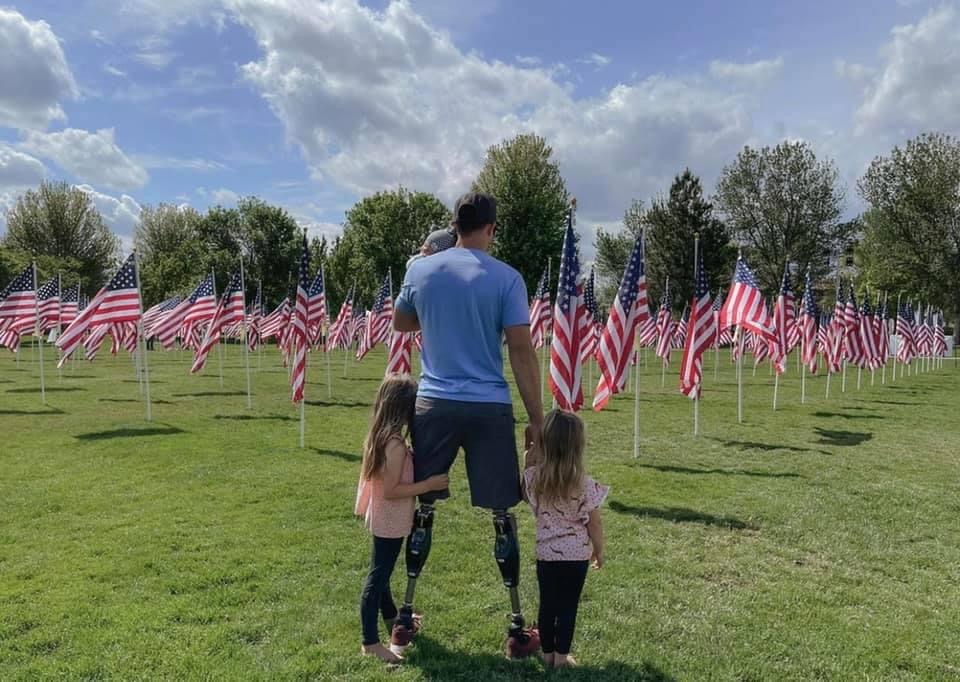America’s New Battle: Post Traumatic Stress
As the 20-year Afghanistan War draws to a close, veterans are encountering a distinct battle known as post traumatic stress.

By Tiarra Drisker ‘25
Some veterans fell in love with Afghanistan’s landscape, culture, and people. Many felt that deploying to Afghanistan was futile and the country could never be changed militarily. Some are still plagued with finding the meaning behind any of it.
The removal of U.S. troops from Afghanistan after twenty years of fighting terroristic threats in the region has left many Afghanistan and Iraq veterans facing (and refacing) a different battle: post traumatic stress (PTS). According to the U.S. Department of Veterans Affairs, PTS can cause veterans to experience hyperarousal, avoid things that remind them of the trauma, have more negative thoughts and feelings, and relive traumatic events.
“How could we be in Afghanistan for so long,” a veteran recalled. “I was there for seven months and what came of my time there, and our experience, and the casualties? What benefit came from that? And it’s hard to think of any real benefit. There’s just kind of this level of absurdity about it.”
Marian Eide, a professor in the Department of English co-authored After Combat: True War Stories from Iraq and Afghanistan with Michael Gibler ‘86. Eide said people can help veterans with PTS by not seeing it as a disorder, but rather as a healthy coping mechanism.
“Veterans feel that PTS is over-emphasized by civilians,” Eide explained. “They prefer to focus on the details of their deployment and what they learned in Afghanistan.”
One Air Force mechanic recalls a group of young children standing in a minefield and throwing rocks at military personnel. Another soldier was on patrol in the community and admired the kids he encountered in the community and found them beautiful. Every veteran had different experiences and as a result, there is no one size fits all solution to PTS.
“There are as many responses to the U.S. withdrawal from Afghanistan as there are veterans of this twenty-year war,” Eide said.
With the media coverage of America’s withdrawal from Afghanistan and the 20th anniversary of 9/11, many veterans may feel an increase in depressed moods, general distress, and unwanted memories. The U.S. Department of Veterans Affairs encourages veterans to allow themselves to feel what they need to feel, talk to other veterans, and take time out from the news to let themselves process and recover from their feelings. Eide emphasized how important it is for veterans to remember all the nuances of their deployment or time in the war
“The more I try to learn about myself and the world, the more I study, the more I appreciate those moments of being in Afghanistan,” one veteran said.
